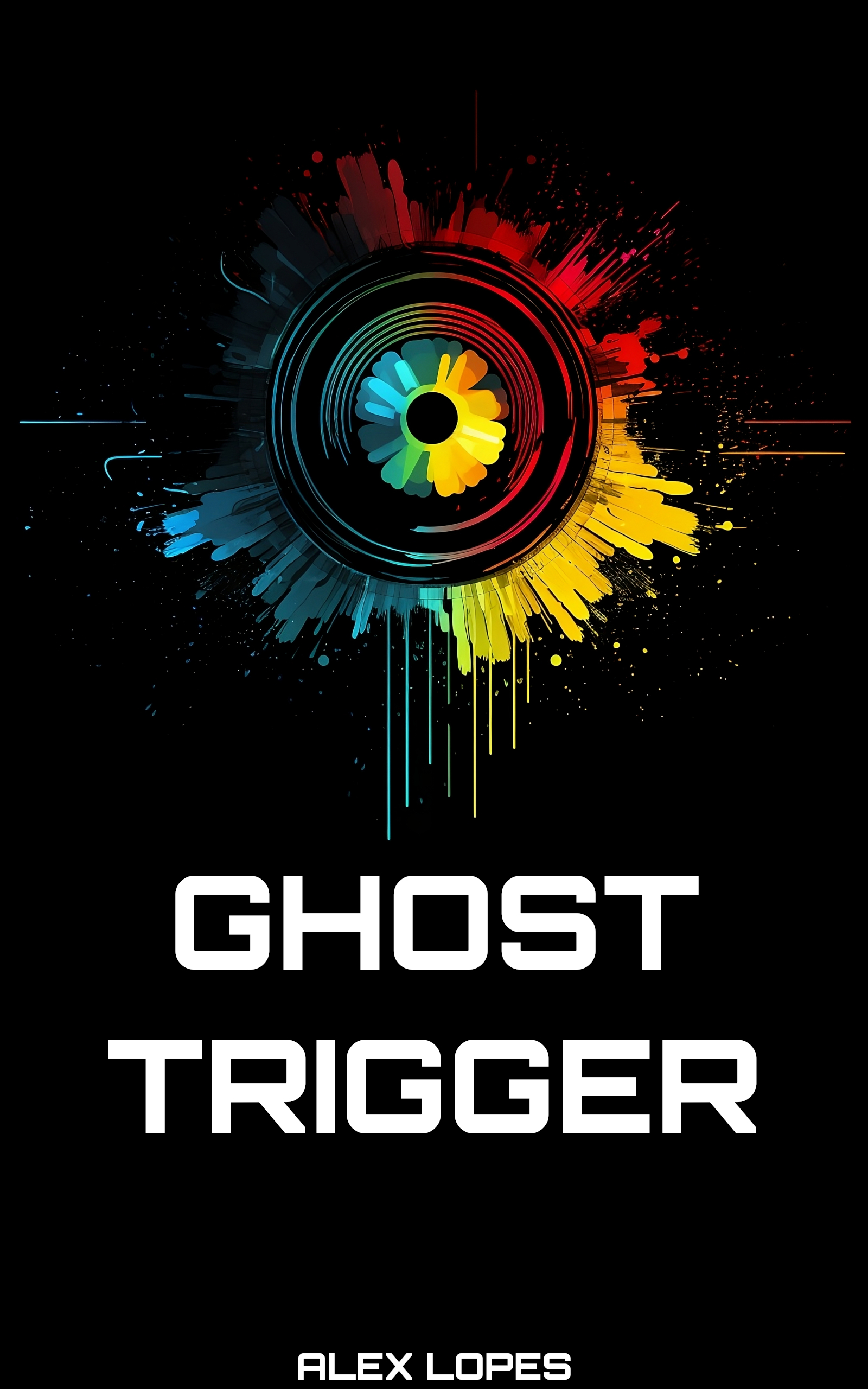No one should ever know about the torrentio addon for Stremio!
By the way, registrations are open, and the open beta begins August 10th.
If you want to give me a cool in-game item, register up with the referral below. :)
https://accounts.palia.com/sign-up?referral=867fb01e-c3b1-41dc-8474-c420df8ba032
Oh I totally agree, I am very fatigued of violence driven games, and have high hopes for Palia. I'm just a little apprehensive that if they just try to copy the non combat parts of zelda and mix it up with animal crossing, it's not going to be enough.
Same here, though I do wonder how they will keep us interested, as they have deliberately not shown any combat. Not even stardew valley went as far as removing combat from the gameplay loop.
Hi my name is Alex, and doing dishes while listening to audiobooks is my favorite hobby.
You don't suddenly find out that your peeler is several versions behind
And then proceed to spend 17 hours trying to get it to peel just the way the invetors wanted it to, which is different from the other 987654321 peelers around.
After 20 years in the field, I ~~hate~~ ~~love~~ ~~despise~~ ~~like~~ 'm ok with technology
The spreadsheet.
Always start with the spreadsheet, and go uo from there!
I only use the web UI, jerboa didn't click with me. The only issue I have with it s that collapsing comments can be tricky.
I think the plan should be bracing for impact, and how to deal with the after-effect. Because let's be honest, we are in a late stage capitalism, and Meta megacorp will get what it wants.
I don't currently see it spilling it's poison to Lemmy/kbin. I'm hopeful rather, but I may be misunderstanding how the fediverse works.
But for mastodon, I would say the outcome is a segregation, as it's safe to assume that communities that integrate wirh Meta will be consumed. Unfortunately that likely means starting from scratch, with a even nichier community, as far as I can see. Not exactly from nothing, but content loss will be inevitable, which is the Fediverse greatest weakness imho.
Finally finished with Pattern Recognition, William Gibson. It was... nice, it definitely felt like Gibson was uncomfortable writing in the present tense.
Next up is a Brazillian book, As águas-vivas não sabem de si by Aline Valek
You are right in assuming there will be a symbyosis between AI generated text and human generated text, but jumping from there to assume that we will be using solely AI generated text is wrong, in my opinion.
AI generated content is not good enough on its own, despite what OpenAI marketing team wants you to think. No quality content is made by simply prompting chatGPT. Not just in writing, but in any field of knowledge, actually. Using chatGPT without some level of domain and fact checking on the subject you are prompting is a sure way to get screwed, as some lawyer in the USA will tell you.
But going back to writing specifically, what we will see at first is actually an improvement on the overall quality of human generated writing, with AI offering a solution to the mechanical and usually boring side of writing good content, such as eloquence, syntax, clarity, etc.
Then, what we will also begin to notice is the more frequent use of what I like to call shitstorming.
Shitstorming consisting in prompting a LLM model to bring up ideas, drafts and opinions on subjects you want to write about, and have some understanding on. What you will receive in response will be a biased, somewhat lacking content, which will either inspire you to modify and refactor in a way that it makes sense, or make you so angry that you will have to write something better in response to it. Writer's block will become a thing of the past.
There are others aspects and nuances to this symbiosis, but to avoid going longer on an already long post, I would conclude by saying that this evolution will be a loop that will keep improving LLMs, while also improving human writing simply because we will continuously look for ways to make the content better, and more original.
The bad side is that, for those that don't know how to use the tool, the amount of lacking content and standardized communication will indeed flood the internet, but this will only serve to contrast original content to the point where we will immediatly recognize the two apart, much like we do with advertising nowdays.


It all the depends on the how and the what.
First of all, if the virtual reality is able to replicate physical sensation indistinguishably from the physical world, it's not virtual, then, is it? Then it's just alternative reality. If that was the case, the only dilemma would be the implications to the physical world. Will your body still exist, or are we talking San Junipero here?
As long as there are implications to the real world, then I believe a significant percentage of people will not abandon it, because of empathy.
I personally would only live an alternative reality if there was no one I love back in the real world anymore, or if I were to die.
As for virtual reality in the realm of possibilities, there will always be something missing, as addictive as it may be, so there will always be something to bring you back to reality
As for just trying it, hell yeah! As long as there are no negative consequences physically that I know of before hand.